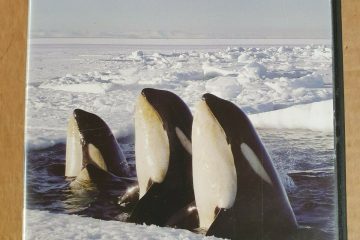Ducks vs Wild: Understanding Their Survival Skills

The Significance of Ducks in the Wild
Ducks are fascinating creatures admired for their adaptability and social behaviours. As part of many ecosystems around the world, they play a crucial role in maintaining a balanced environment. Their interactions with other species, including their ability to thrive in varying habitats, showcase their impressive survival skills. With recent climate changes and environmental challenges, understanding the dynamics of ducks in the wild has become more important than ever.
Adapting to the Environment
Ducks’ adaptability is evident in their migration patterns; most species travel thousands of miles between their breeding and wintering grounds. For example, the Northern Pintail migrates from North America to Central America, showing resilience in response to changing conditions. As habitats shift due to climate change, understanding these migration habits can offer insights into how species may respond to future environmental changes.
Survival Skills in Wild Ducks
Wild ducks employ various survival tactics, including foraging techniques, social behaviour, and nesting strategies. Their diet comprises aquatic plants, insects, and small fish, showcasing their versatility in food sources. Wild ducks also exhibit strong social bonds, often seen in groups that help them fend off predators and locate food more efficiently. In terms of nesting, they often choose areas near water sources, ensuring safety for their young while also having easy access to food.
Human Interaction and Conservation Efforts
However, the relationship between ducks and humans significantly impacts their survival. Urban development, pollution in waterways, and hunting have put pressure on wild duck populations. Conservation organisations worldwide are diligently working to protect habitats and educate the public on maintaining the natural roaming grounds vital for survival. For instance, programmes aimed at restoring wetlands not only benefit ducks but also enrich overall biodiversity in those areas.
Conclusion: The Future of Ducks in the Wild
As climate change poses increasing threats to wildlife, the future of ducks in the wild remains uncertain. Their remarkable adaptability provides hope; however, constant vigilance and conservation efforts are required for their survival. Understanding ducks’ behaviours and the impacts of human activities can help ensure these resilient birds continue to thrive in their natural habitats. As observers and enthusiasts, it is important to support local conservation initiatives, ensuring that the delicate balance of our ecosystems is preserved for generations to come.








